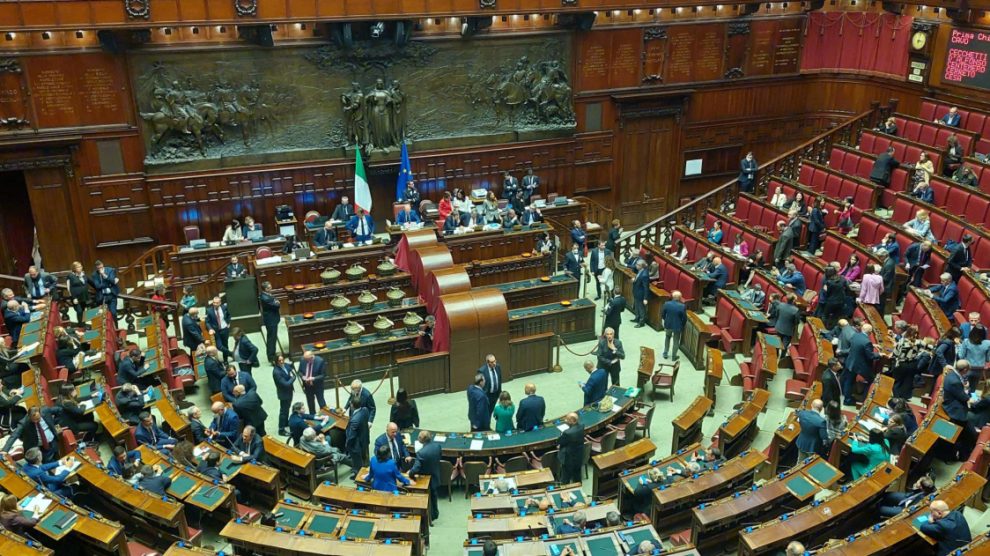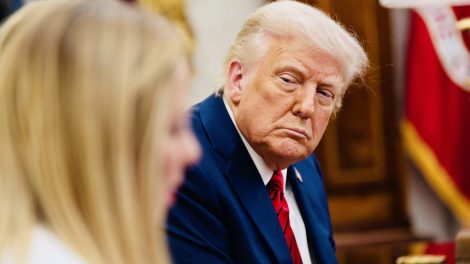Parliament greenlights sending weapons to Ukraine. On Wednesday, the Lower House approved the centre-right majority’s motion on the Russian war in Ukraine. The text commits the government to extend the Draghi-era law allowing it to send military aid to Kyiv.
- Formally, it reads like this: the executive must “support the necessary regulatory initiatives to extend until December 31, 2023, the authorisation – subject to an act of address by the Chambers – for the transfer of military means, materials and equipment to the government authorities of Ukraine.”
How we got here. The government announced Tuesday that the extension could be tabled as early as “this Thursday or next.” Only a month remains before the authorisation expires on December 31, and the executive hopes for the opposition’s support.
- As Defence Minister Guido Crosetto said, not extending the Draghi-era law would kill “the legal cover allowing the Italian State to respect the international commitments made in the EU and NATO with Ukraine”.
- “I expect the opposition to respect the commitment that led us here,” he added, noting it was taken by the previous government, which featured the Democratic Party and the Five Star Movement, now in opposition.
Defence investments. The majority’s motion condemns Russia’s “ferocious and inadmissible aggression” against Ukraine, which “brought war back to the heart of Europe, threatening international peace and stability.” Hence, it calls on the government to “take all necessary initiatives” to reach the military spending target of 2% of GDP by 2028…
- … also by promoting the exclusion of defence investment spending from the EU’s budget limit rules, which are due to be reformed, and increasing the human and financial resources allocated to foreign policy, “a fundamental instrument to protect the national interest.”
How did opposition parties vote? The debate in the House and the motions presented by the parties confirmed the line-ups:
- the Green and Left Alliance oppose sending weapons (motion rejected);
- the Five Star Movement called for a change of approach favouring diplomatic dialogue with Russia over sending arms to Ukraine (motion rejected);
- the Democratic Party and Azione–Italia Viva, two centrist parties, advocated for continuity on the Draghi line (motion approved).
Report card. This game of motions has a winner: Prime Minister Giorgia Meloni, whose majority includes the League’s Matteo Salvini and Forza Italia’s Silvio Berlusconi – who spoke against military aid in the past.
- The loser: Enrico Letta, outgoing leader of the Democratic Party, who is now far from the political debate.
- The 5SM’s Giuseppe Conte may be considered a partial winner: he confirmed being a chameleon, but at least he gained a slice of the electorate on the left.




